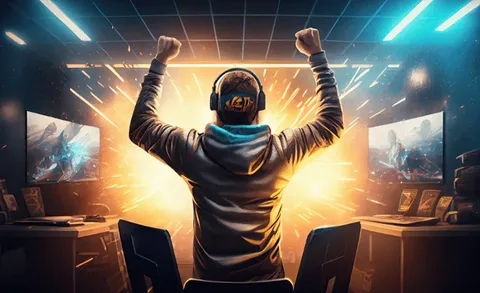Video games are often seen as pure entertainment, but research has increasingly shown that gaming can significantly enhance creativity and problem-solving skills. The complex environments, challenging missions, and decision-making elements in games stimulate the brain in ways that go beyond passive media consumption.
For example, puzzle-based titles like Portal or The Witness require players to think critically and experiment with different strategies. These games train the mind to look for solutions outside the obvious, a skill that often carries over into real-world problem-solving. Similarly, open-world games such as Minecraft encourage creativity by giving players tools to build, design, and craft entirely new virtual worlds from scratch.
Even competitive gaming has its cognitive benefits. Fast-paced multiplayer experiences demand quick thinking, adaptability, and teamwork—traits that translate well into both academic and professional settings. Interestingly, platforms like multibet88 demonstrate how gaming is diversifying and creating new ways for people to engage interactively online.
Moreover, narrative-driven games like The Last of Us or Life is Strange foster empathy and emotional intelligence by immersing players in deeply human stories. These experiences can broaden perspectives and spark imaginative thinking, bridging the gap between technology and human creativity.
As video games continue to evolve, their impact on our cognitive development becomes harder to ignore. What was once dismissed as a casual pastime is now recognized as a tool for enhancing creativity, strategic thinking, and social collaboration. Far from being just a hobby, gaming has become a medium that challenges and inspires players in unexpected ways.


